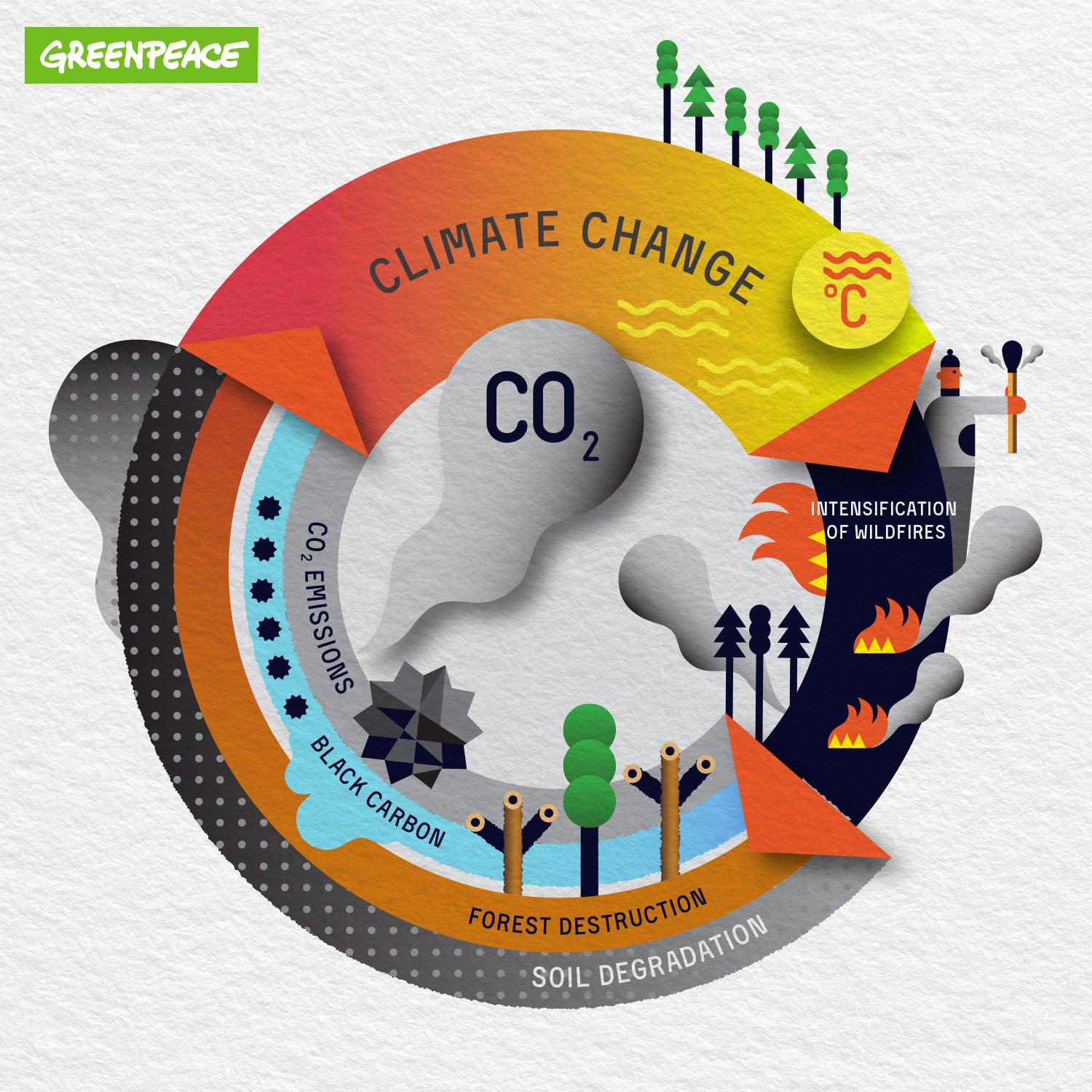Sea Level Rise
- ScienceNerd14

- Aug 18, 2019
- 1 min read
Every year, the sea rises another .13 inches, which may not seem like a lot, but as the years pass, it will only get worse. Since the Earth is warming, the oceans are warming. Water expands when it warms, a cause of sea level rise. Melting glaciers cause an imbalance of runoff and ocean evaporation, causing sea levels to rise. The ice sheets melting aren’t helping things either. Sea level rise can cause extremely damaging erosion, flooding, aquifer and soil (for farming) salt contamination, and a lack of habitat for fish, birds, and plants. High sea levels are correlated with more damaging hurricanes and typhoons, as well are more damaging storm surges. People are already being forced to migrate to higher areas. If the worst happens, and all the glaciers and ice sheets melt, it would raise the sea level by 216 feet. This is unlikely, but entire countries could literally disappear in this case. Building sea walls, reforming roads, and planting vegetation to absorb water are all current measures being taken now due to the threat of sea level rise. Many coastal cities need to think about this, before it’s too late, if it isn’t already. The oceans are expected to rise between 10 to 30 inches between now and 2100. Don’t let that number get any higher. 🌊🌊🌊🌊🌊🌊🌊⬆️⬆️⬆️⬆️
Sources: https://www.iucn.org/resources/issues-briefs/ocean-warming




Comments